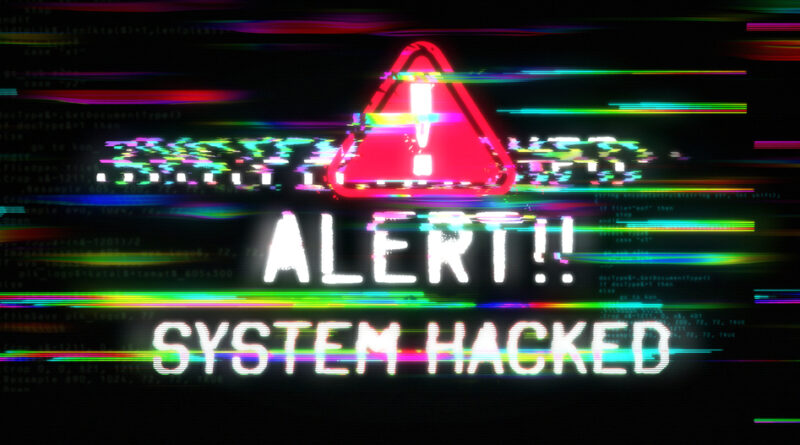7 Signs Your Computer Might Be Hacked (And What to Do About It)
You know that feeling when something just feels… off? You might dismiss it as paranoia, but when it comes to cybersecurity, trusting your gut could save your data. Despite using antivirus software, your computer isn’t invincible. Cybercriminals continuously find clever ways to gain unauthorized access to your system, sometimes quietly, sometimes loudly. Here are seven warning signs that indicate your PC might have been hacked, and what you can do about it.
1. Constant Antivirus Alerts or Warnings
A sudden surge in antivirus alerts, especially if malware keeps returning, could signal deeper infiltration. Hackers often gain footholds that standard antivirus scans fail to remove. Persistent security warnings should never be ignored.
What to do:
Run comprehensive scans with multiple security tools, including trusted secondary scanners like Norton Power Eraser, to root out stubborn malware.
2. Mysterious Webcam Activation
Notice your webcam light on without your input? A hacker might be remotely spying on you via a Remote Access Trojan (RAT). Malware can quietly hijack your camera, sometimes without any clear indicator on-screen.
What to do:
Immediately cover or disconnect the webcam, then run a malware scan. Verify running applications to identify suspicious processes.
3. Sudden Drop in Performance
If your usually speedy computer now drags its feet, malware could be the culprit. Crypto-mining programs, viruses, and spyware often secretly consume vast system resources, causing sluggishness.
What to do:
Check Task Manager to identify resource-heavy processes. Scan for malware and consider a deeper cleanup or system reset if slowdowns persist.
4. Frequent Crashes and Freezes
Regular blue screens, crashes, or application failures may indicate malware interfering with system drivers or the operating system itself.
What to do:
Document any repeated issues, run antivirus scans, and investigate recent software installations. If crashes continue, consider resetting your system.
5. Unexpected Popups or Strange Apps
Sudden, unexplained popups or unfamiliar apps appearing out of nowhere strongly suggest malware. Attackers often install adware and other invasive programs to bombard you with ads or gather data.
What to do:
Uninstall unfamiliar applications immediately and perform an extensive malware scan. Reset your browser settings to remove unwanted extensions and popups.
6. Browser Hijacking: Altered Settings and Extensions
If your browser’s homepage, search engine, or extensions change without your consent, your system likely has spyware or adware installed. Attackers use these methods to track online behavior or generate illicit ad revenue.
What to do:
Restore browser settings to defaults and thoroughly scan for malware. Regularly inspect browser extensions and remove any unknown or suspicious entries.
7. Suspicious Email and Password Activity
Receiving strange emails, seeing emails you never sent, or noticing unauthorized password changes strongly suggests an account compromise, possibly via password leaks or direct hacking.
What to do:
Immediately change passwords and enable two-factor authentication (2FA). Consider using a password manager to generate unique, complex passwords for each account.
When in Doubt, Reset
Unfortunately, the most sophisticated hacks leave minimal traces. Cybercriminals aim to remain undetected, silently stealing your information. If you’ve scanned thoroughly and remain unsure, trust your instincts and reset your computer entirely. A complete reset reinstalls Windows, clearing out hidden malware and giving you a clean slate.
Ultimately, vigilance and proactive security habits remain your best defense. Stay alert, trust your gut, and act quickly, your digital safety depends on it.
Photo Credit: DepositPhotos.com

